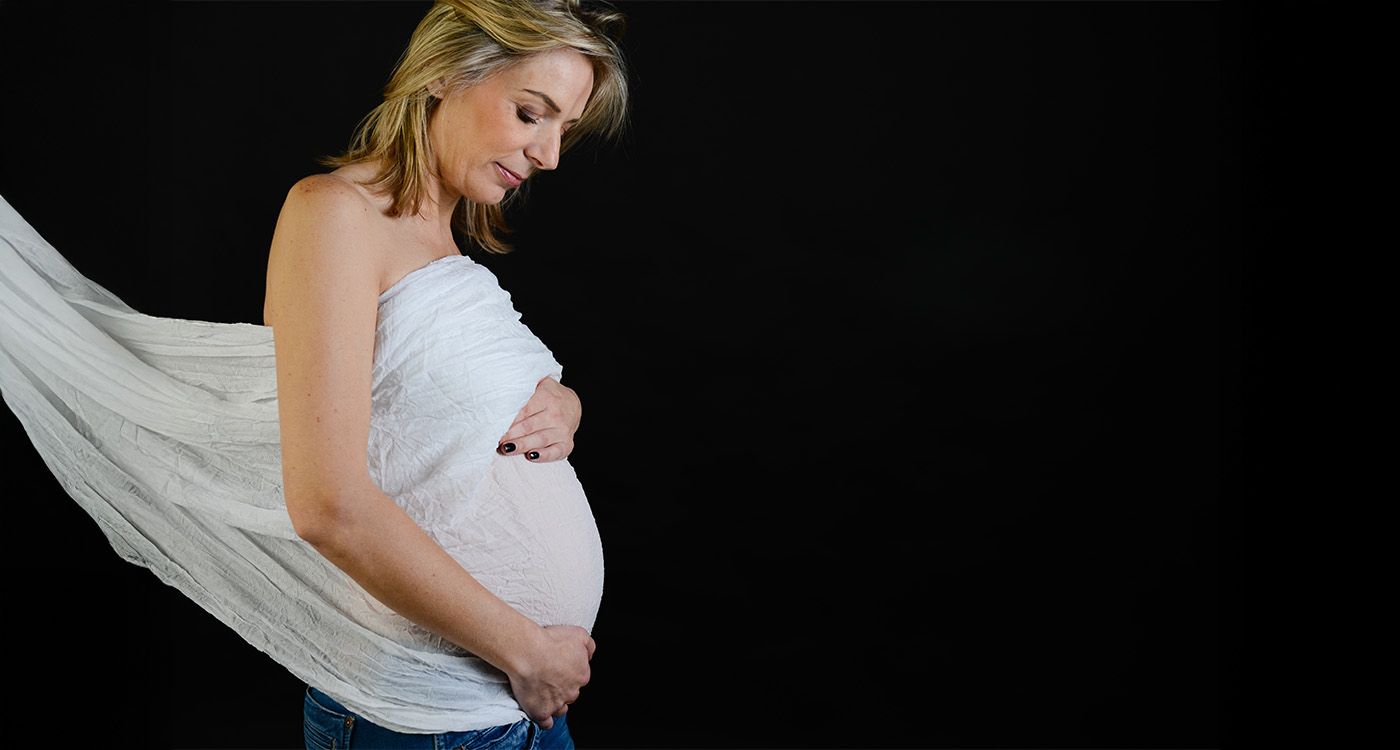- Home
- Highlights
- Motherhood at 40: Stories of a Late and Clear-Headed Joy

©Shutterstock
They waited. By choice, by circumstance, out of patience or necessity. Becoming a mother at 40 or later is a clear-headed joy, a late upheaval, a challenge fully embraced. These women share what motherhood has truly brought them.
“I was afraid it might be too late. In fact, it was just the right time.” At 42, Lamia became the mother of a baby girl conceived naturally, after a breakup, a move and many sacrifices. Her story echoes that of many women today: motherhood after 40 is no longer an exception. In France, more than 20,000 babies are born each year to mothers in their forties. The phenomenon is now widely recognized. It has a name, and above all, it has faces.
Some waited to “meet the right person.” Others went through a divorce, a loss, a demanding career or years of doubt. Some turned to fertility treatments, egg freezing or had an unexpected pregnancy. But all describe motherhood with a strong sense of time.
“I was holding my baby in my arms, feeling both life and the sense that this moment was irreversible. This was not the start of a cycle. It was a peak.”
That peak comes with challenges. Mothers in their forties say this clearly: it is a joy tempered by realism. They don’t romanticize it. They know the body takes longer to recover, nights are tougher and the exhaustion is real. But they are also surprised by their own strength.
“I thought I wouldn’t make it. But at 43, I’m tougher than I was at 30. My tolerance for fatigue has changed,” says Rania, who had twins after five years of fertility treatments.
A Sincere and Unfiltered Joy
These women have nothing left to prove. They no longer feel pressured to be perfect. Perhaps that’s what makes their motherhood freer. They don’t try to tick every box, they make choices. Some say they feel more at ease with their bodies, their instincts and their approach to parenting. Aware that time is short, they make every moment count.
This happiness is also tinged with realism. At some point, all of them mention confronting the reality of age: being a mother in her fifties while her child is a teenager, getting tired more quickly, sometimes being mistaken for the grandmother. Some are hurt by these remarks, but most have accepted them. They assert their right to be present as they are, without needing to justify themselves.
“My son asked if I’d still be around when he turns thirty. I told him I’d do my best to be, and probably will.”
The fear of time running out lives alongside a powerful focus on the present. Many talk about a very strong, sometimes almost inseparable bond with their child. A connection that feels deeper and more grounded, less scattered. Fewer distractions, less social pressure. Motherhood that arrives “at the end of something,” but grows into an unexpected new beginning.
Of course, this path also brings specific challenges. Pregnancies are more medicalized, the experience often lonelier and care inconsistent. Using anonymous donors, IVF or adoption raises other questions: Should everything be told to the child? How does one build a sense of family? These issues are rarely discussed publicly, but they are part of the stories shared by the mothers involved.
Finally, there is society. Even now, some women feel judged. Too old. Too selfish. Too demanding. “When I was pregnant at 41, people asked if it was an accident. When I said no, they looked at me like I was reckless,” says Fatou. This often uncomfortable judgment can lead to isolation or constant self-justification. Yet these women are here—many of them—and they have stories to share.
Late motherhood is not a plan B. For many, it’s plan A which arrived at the right time. It’s not about revenge, but a deliberate choice. It doesn’t erase doubt, but it offers a freedom-filled happiness, grounded in knowing that every moment counts.
What the Numbers Show
According to INSEE, the number of births to women aged 40 to 44 in France has tripled since 1995. Similar trends are observed in the UK, Spain and Japan. In 2023, nearly 5% of French babies were born to mothers over 40.

Comments